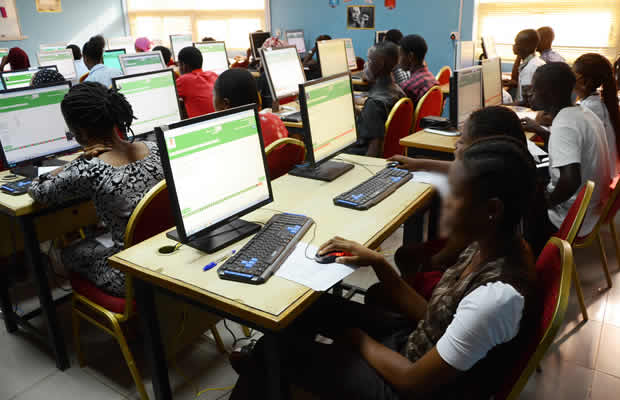
The future of tertiary education in Nigeria seems uncertain due to the recent decision made at the 2024 policy meeting on admissions. The meeting, which saw a further reduction in the minimum benchmark scores for admissions to tertiary institutions, was chaired by the Minister of Education, Tahir Mamman. Among the attendees were heads of education agencies, vice-chancellors, rectors, and provosts.
It was agreed during the meeting that the minimum benchmark score for admission into universities would be 140 marks, while polytechnics and colleges of education would require a score of 100 marks. This decision is alarming and signifies a decline in the value of merit in the education system.
Although individual institutions can set their own minimum benchmark scores, the overall lowering of the standard to 140 marks is a promotion of mediocrity. For instance, Pan-Atlantic University set its benchmark score at 220, while the University of Lagos and Obafemi Awolowo University opted for a minimum score of 200. These scores do not align with the pursuit of excellence in higher education.
Even more concerning is the fact that some universities suggested scores lower than 140.
In the UTME, candidates are evaluated across four subjects, with a total aggregate score of 400 marks. Scoring 140 marks out of 400 reflects a significant failure. Such a low standard is detrimental to the global ranking of Nigerian universities.
While students have the liberty to select their subject combination based on their preferred courses of study, proficiency in the Use of English is mandatory.
JAMB Registrar, Ishaq Oloyede, disclosed that out of over 1.9 million candidates who took the examination across Nigeria, only 1,842,464 had their results released. Notably, “8,401 candidates scored 300 and above; 77,070 scored 250 and above; 439,974 scored 200 and above, while 1,402,490 scored below 200.”
With a staggering 76 percent of candidates scoring below 200 out of 400 or less than 50 percent, it is evident that a significant portion of applicants may not be adequately prepared for university education. This poses a considerable challenge for Nigeria in a competitive global environment. Nigerian universities are already lagging behind their international counterparts, and admitting underprepared candidates will further erode their standings.
Over time, tertiary institutions, influenced by a possible societal decline in values, have continually reduced admission cut-off scores. Previously, admissions were set at a high of 240, which gradually decreased to 200, then 180, and now 140, perpetuating a culture of mediocrity.
Universities are meant to be centers of excellence, nurturing the best talents and fostering academic growth, not mere training grounds. By lowering the cut-off mark below 200, the standard of excellence is compromised. Immediate steps should be taken to revise this decision, and candidates scoring below 50 percent should not be admitted.
The trend of diminishing educational standards reflects a broader societal issue where young individuals may no longer view education and hard work as integral to success.
It is imperative for Nigerian society to address this trend, urging institutions to uphold standards and prevent the influx of unqualified individuals into esteemed institutions of learning.
The erosion of these standards emphasizes the need for autonomy in Nigerian universities. In the UK, universities autonomously set their admission standards without government intervention, recognizing that institutions are best positioned to uphold academic excellence.
Instead of implementing restrictive policies like barring under 18-year-olds (under 16-year-olds from 2025) as advocated by Mamman, Nigeria should focus on granting universities autonomy to make informed decisions.
